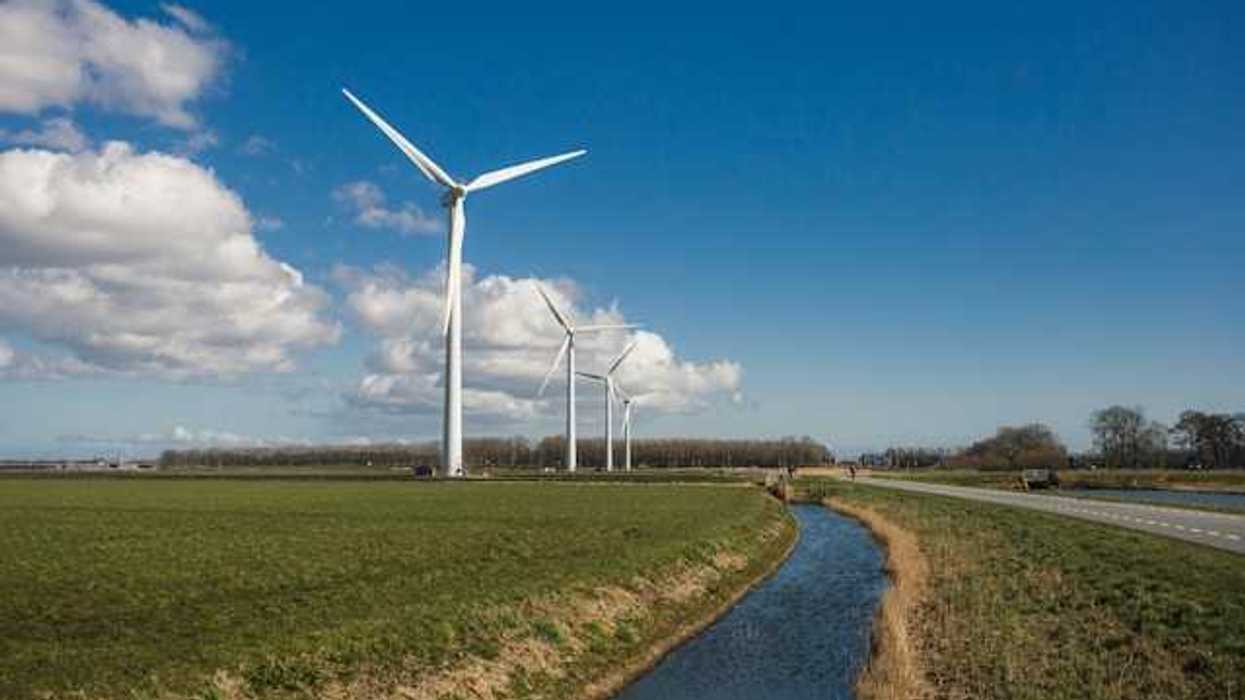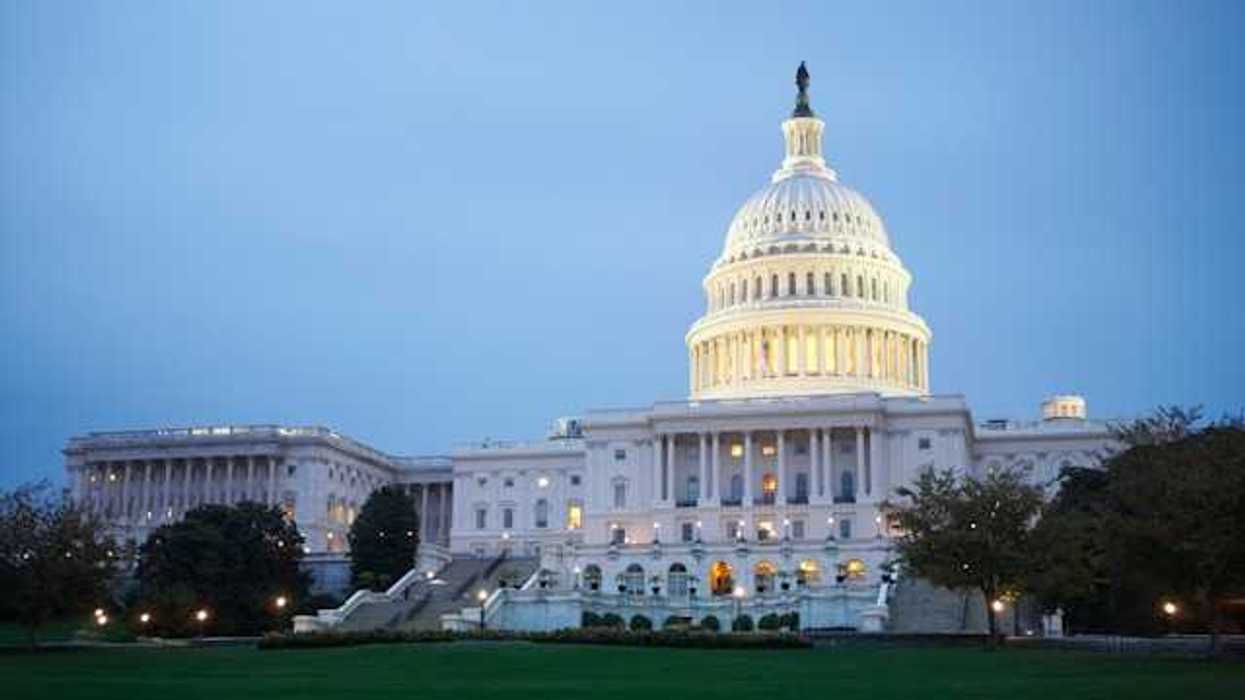PITTSBURGH—Air pollution is to blame for up to 33 million emergency room visits for asthma attacks around the world annually, according to a new study.
While previous research has looked at the connection between air pollution and a number of other diseases, the new study, led by researchers at George Washington University and published today in Environmental Health Perspectives, is the first to quantify the global burden of asthma caused by unhealthy air.
Asthma is the most prevalent chronic respiratory disease worldwide, affecting about 358 million people. In Pittsburgh, the region's long-term problems with air pollution and asthma persist: Allegheny County, where Pittsburgh is situated, scored all F's on the American Lung Association's 2018 air quality report card, and recent research suggests that an estimated 22 percent of children in the most polluted parts of the city have asthma—as compared with the national average of 8 percent.
"A growing body of literature over the last several decades links health and air pollution, but we haven't had a way to incorporate asthma before," Susan C. Anenberg, lead author of the study and an associate professor of environmental and occupational health at the George Washington University Milken Institute School of Public Health, told EHN. "This is important because these global disease burden numbers are used to determine the allocation of public health resources around the world."
Anenberg and her team first looked at emergency room visits for asthma in 54 countries and the territory of Hong Kong, then combined that information with an analysis of epidemiological studies from around the world and global pollution levels as detected by satellites orbiting the Earth (with support from NASA).

The researchers found that between nine and 23 million annual asthma emergency room visits globally (or 8 to 20 percent of total global asthma ER visits) may be triggered by ozone pollution, which is generated when car, power plant and other types of emissions interact with sunlight. They also estimated that between five and 10 million asthma emergency room visits every year (or 4 to 9 percent of total global asthma ER visits) were linked to fine particulate matter—small particles of pollution that are inhaled and can become lodged in the airways, which are often associated with industrial emissions.
Anenberg's findings reinforce those of a recent study from the Allegheny County Health Department in Pennsylvania that found emergency room visits for asthma declined by 38 percent the year after one of the Pittsburgh region's largest industrial polluters was shut down.
"Both ozone and particulate matter are important risk factors, and should be considered targets to reduce the burden of asthma," Anenberg said. "Just focusing on either particulate matter or ozone alone may not be enough."
She added, "The good news is that traffic is a major source of both forms of pollution, so just reducing traffic by improving public transit and developing infrastructure that encourages people to walk or bike can improve both at the same time."
About half of the asthma emergency room visits attributed to dirty air in the study occurred in South and East Asian countries like India and China. Although the air in the United States is relatively clean compared to the air in those places, ozone pollution was estimated to cause 8 to 21 percent of annual ER visits for asthma, while particulate matter pollution was estimated to cause 3 to 11 percent of ER visits in the U.S.
"We hope that this research will help public health practitioners, doctors, and other people in the health sector who are engaged in efforts to reduce the burden of asthma in the general population," Anenberg said. "Now that we have a clearer picture of the overall burden, hopefully we can begin to take more steps toward reducing these risk factors."
- Is there a connection between Pittsburgh's high rates of asthma and ... ›
- Can mandatory school screenings solve Pittsburgh's asthma ... ›
- Breathless: Pittsburgh's asthma epidemic and the fight to stop it ›
- 60% of Pittsburgh kids with asthma don't have their disease under ... ›
- A new monitor could revolutionize the way air pollution is regulated - EHN ›
- Tiny particles of air pollution appear more deadly if from human-made sources - EHN ›
- Air pollution reporting wins top award - EHN ›
















